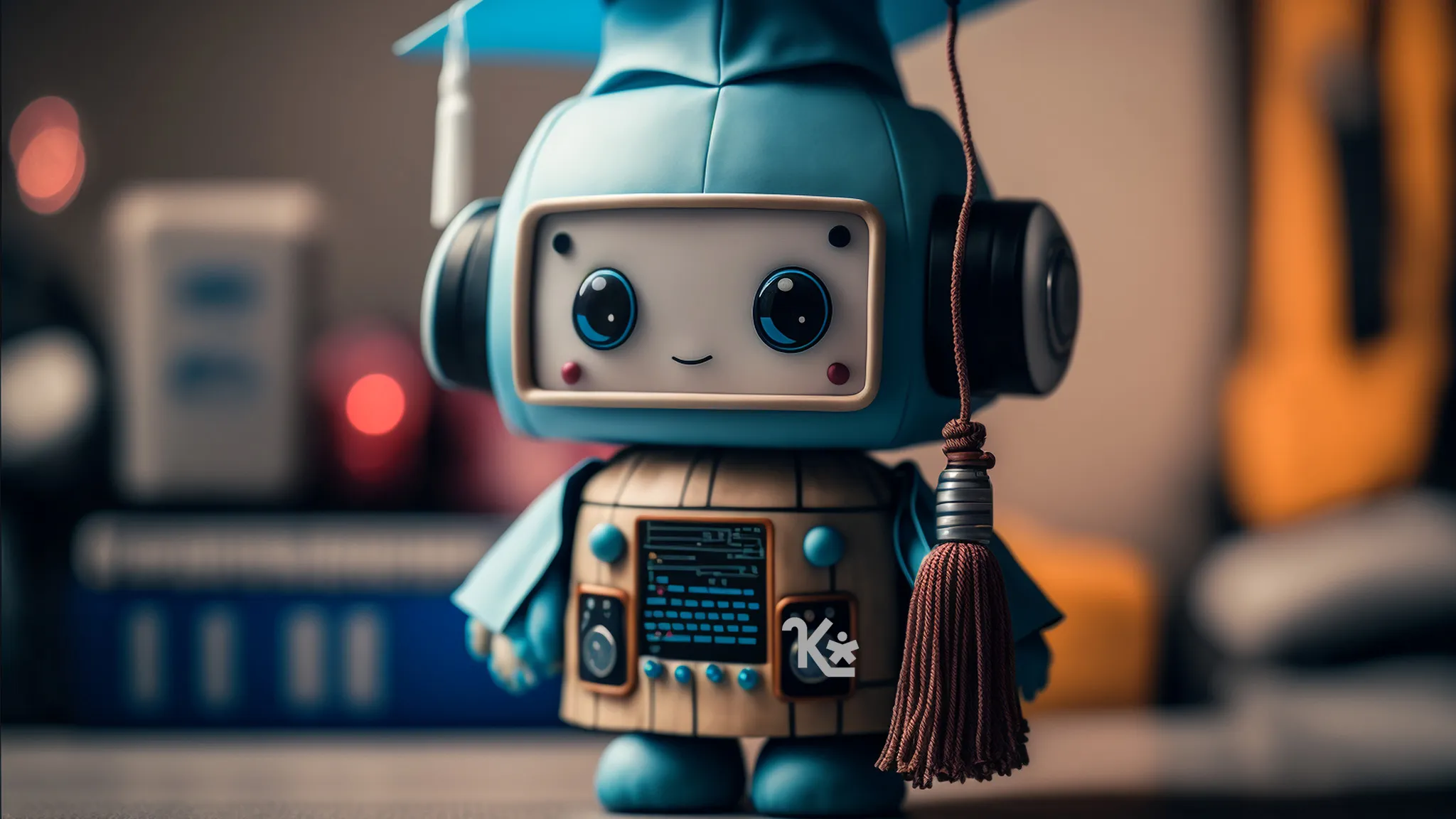
Discover Fun Facts
1. High Literacy Rate: South Korea boasts a literacy rate of over 98%, reflecting its strong emphasis on education.
2. Innovative Alphabet: Hangul, the Korean alphabet, was scientifically designed in the 15th century to be easy to learn and use.
3. Technological Hub: Home to tech giants like Samsung and LG, South Korea is a leader in electronics and innovation.
4. Rapid Internet: The country is renowned for having some of the fastest internet speeds globally.
5. Gaming Culture: E-sports are immensely popular, with professional gamers achieving celebrity status.
6. K-Pop Phenomenon: K-pop has become a global sensation, influencing music and fashion worldwide.
7. Cinema Excellence: The film "Parasite" won the Academy Award for Best Picture in 2020, highlighting Korean cinema's global impact.
8. Culinary Staple: Kimchi, a fermented vegetable dish, is a staple in Korean cuisine and accompanies most meals.
9. Traditional Attire: The hanbok is the traditional Korean dress, worn during festivals and celebrations.
10. Mountainous Terrain: Approximately 70% of South Korea's landscape is mountainous, offering numerous hiking opportunities.
11. Distinct Seasons: The country experiences four distinct seasons, each with its own unique beauty.
12. Historical Palaces: Seoul is home to five grand palaces from the Joseon Dynasty, including Gyeongbokgung and Changdeokgung.
13. Language Honorifics: The Korean language uses honorifics to convey respect, reflecting societal hierarchies.
14. Age Calculation: Traditionally, Koreans are considered one-year-old at birth and gain a year every New Year's Day.
15. Education Intensity: Students often attend after-school academies, known as "hagwons," to enhance their studies.
16. Work Ethic: South Koreans are known for their strong work ethic, often working long hours.
17. Fan Death Myth: A common belief is that sleeping in a closed room with a running fan can be fatal.
18. Blood Type Beliefs: Many Koreans believe that blood types are linked to personality traits.
19. Tetraphobia: The number four is considered unlucky, leading to its omission in some buildings' floor numbering.
20. Couple Culture: Couples often wear matching outfits to showcase their relationship.
21. Public Transportation: Seoul's subway system is extensive and user-friendly, with announcements in multiple languages.
22. Convenience Stores: Open 24/7, these stores offer a wide range of products and services, including bill payment.
23. Delivery Services: Food delivery is highly efficient, with options ranging from traditional meals to fast food.
24. Street Food: Markets like Myeongdong offer a variety of street foods, such as tteokbokki (spicy rice cakes) and hotteok (sweet pancakes).
25. Cherry Blossoms: Springtime brings cherry blossoms, celebrated with festivals across the country.
26. Buddhist Temples: Historic temples like Bulguksa in Gyeongju offer insights into Korea's spiritual heritage.
27. Jeju Island: A popular tourist destination known for its natural beauty and unique culture.
28. Hanok Villages: Traditional Korean houses can be explored in areas like Bukchon Hanok Village in Seoul.
29. Traditional Markets: Markets such as Namdaemun and Dongdaemun offer a glimpse into local commerce and cuisine.
30. Holiday Traditions: Major holidays include Seollal (Lunar New Year) and Chuseok (Harvest Festival), celebrated with family gatherings and traditional foods.
31. Military Service: All able-bodied South Korean men are required to serve in the military, typically for about two years.
32. Beauty Standards: Skincare is highly prioritized, with multistep routines and a vast array of products.
33. Han River: Flowing through Seoul, it's a popular spot for leisure activities like picnics and cycling.
34. DMZ Tours: The Demilitarized Zone between North and South Korea is a unique tourist destination offering insights into the peninsula's division.
35. Traditional Music: Instruments like the gayageum (a 12-string zither) are central to Korean traditional music.
36. Folk Games: Traditional games such as yutnori (a board game) are played during holidays.
37. Martial Arts: Taekwondo, a Korean martial art, is practiced worldwide and is an Olympic sport.
38. Language Institutes: Korean language programs attract international students eager to learn Hangul.
39. Healthcare System: South Korea offers a universal healthcare system known for its efficiency.
40. Traditional Dance: Performances like the fan dance showcase Korea's artistic heritage.
41. Calligraphy: The art of beautiful handwriting, using brushes and ink, remains a respected tradition.
42. Literature: Classic works like "The Tale of Chun".
43. Writing Names in Red Ink: Writing someone’s name in red is considered bad luck in Korean culture. Traditionally, red ink was used to record the names of the deceased on funeral registers, so writing a living person’s name in red is thought to bring misfortune or symbolize death.
44. Number 4 and Tetraphobia: The number 4 is considered unlucky because it sounds similar to the word for "death" (사, sa) in Korean. Elevators in Korea often skip the number 4, replacing it with "F" or another marking.
55. Whistling at Night: Whistling at night is thought to attract spirits or bad luck. This belief stems from traditional folklore that suggests the sound may summon wandering ghosts.
56. Dreaming of Pigs: In contrast to other superstitions, dreaming of pigs is considered a sign of good fortune and wealth because pigs are associated with prosperity in Korean culture.
57. Gifting Shoes: Giving shoes as a gift is believed to encourage the recipient to "run away" from the giver, symbolizing a potential breakup or separation. To counter this, it’s common to include a small amount of money when gifting shoes.
58. Eating Seaweed Before Exams: Seaweed is slippery, so eating it before an exam is thought to cause you to "slip up" and fail. Students often avoid seaweed soup during important test periods.
59. Dreaming of Poop: Oddly enough, dreaming of poop is considered a good omen, symbolizing incoming wealth or financial success.
60. Shaking Your Legs: Koreans believe that shaking your legs while sitting will shake away your luck and wealth, making it a habit to avoid.

